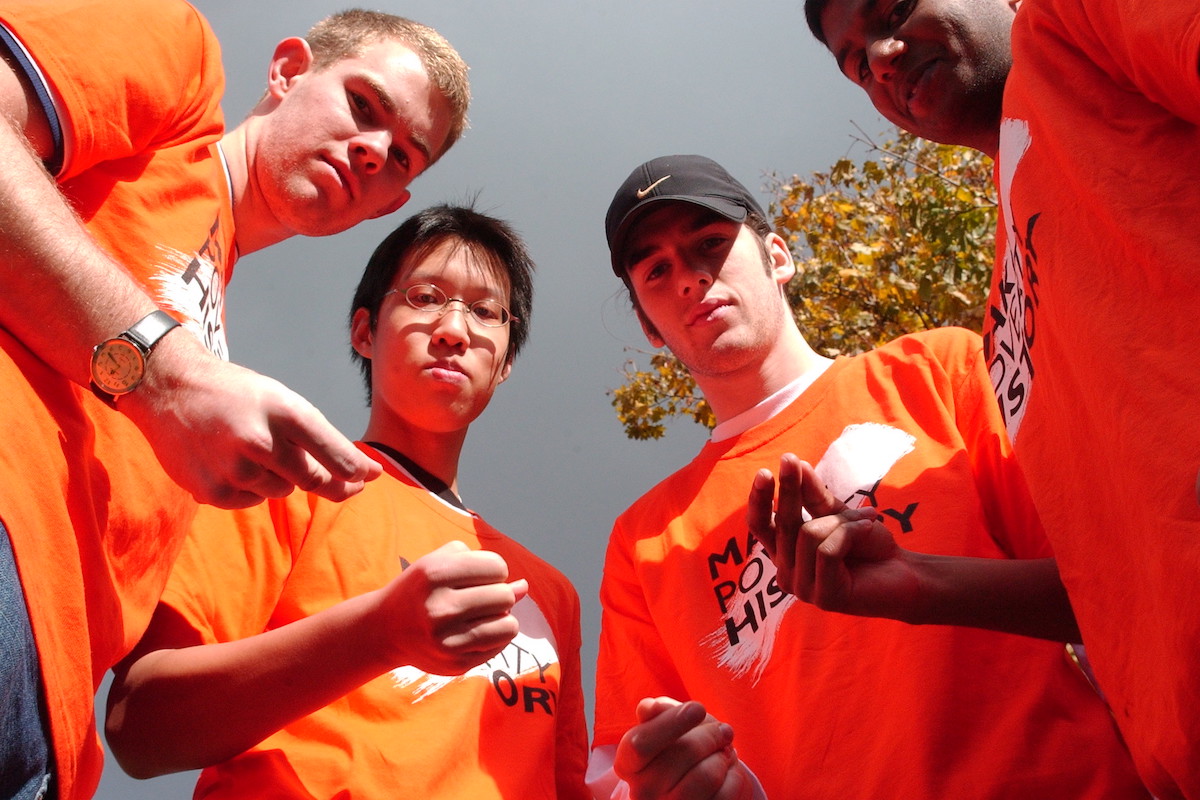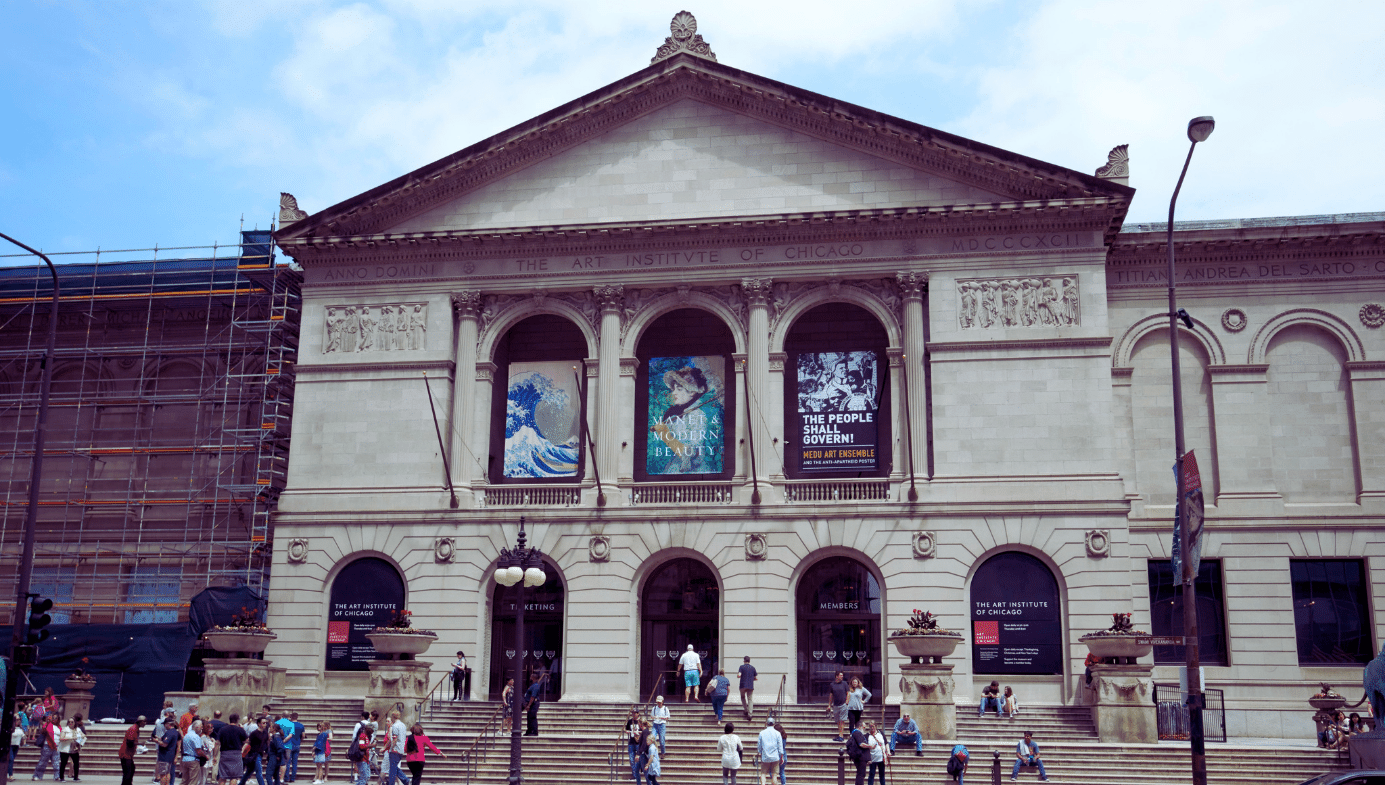recent
Something for Nothing—The Importance of Mindful Volunteering
If we are going to contribute our talent and effort to causes as volunteers, we should do so mindfully, as we should with the rest of the choices in our lives, such as whom we choose as lovers or friends.

Every day we receive fresh solicitations requesting our time, our money, and our attention to various causes. It is not enough simply to live our lives, we must somehow justify our existence beyond earning a living and paying our taxes. According to a VolunteerHub estimate, one out of four people in the U.S. volunteer their time and effort with an average value of $24.14 per hour. The average is 22–23 percent in Europe and 19 percent in Australia. The site states that volunteering improves health and chances of gaining employment by 27 percent. So it is not an entirely selfless act.
I come not to praise volunteering but to consider its benefits and our motivations; to reflect on my experience that has led me to question what we are giving and what we are getting as volunteers. Such an assessment becomes more urgent as groups and individuals face decisions about where to invest limited resources in resolving crises such as global warming and inequities of wealth, freedom, and opportunity.
For some, volunteering is an anodyne response to the chaos of the world—the apparently senseless nature of events that affect us personally or through our connection to other human beings or species. We feel an accountability and a need to be part of the solution. Common wisdom says volunteering is about giving back, adjusting the cosmic scales in return for our good fortune in life. The web is rife with advice on the obligations of the privileged to those less fortunate. This can lead to a condescending, self-serving attitude. We can become oblivious to our common humanity—seeing ourselves as part of an anointed group, insulated from those we purport to serve. And if my goal is to score cosmic points, who am I really serving?
Over the years, I have served as a literacy tutor, the president of an employment networking group, on the boards of non-profits, and with a group organizing a free community arts event. I undertook these activities in addition to full-time work. In 2017, I traveled to South America in connection with Engineers without Borders. My paid corporate work felt increasingly dysfunctional and limiting. I had enough money saved to live on for the short-term. I needed a change to get my own life back. I volunteered in order to connect with other people, to feel I was doing something meaningful, and to advance my career. I did it to escape the darkness gathering around me, to mend my ego, and to rediscover the angels of my better nature.
Engineers without Borders partners with communities to provide clean water and to assist with related projects. I served as the communication and subsequently mentorship chair for our local chapter in the U.S. My colleagues included men and women from engineering and other professions, ranging in age from their twenties to their sixties. EWB conducts needs assessments, financing, planning, construction, education, and maintenance.
One of the reasons I believe volunteering remains popular is that paid labor in the twenty-first century has lost its meaning as a calling or vocation. Many people (those who are employed) spend their days in made-up work sending emails back and forth to resolve problems created by poorly designed technology and bad human decisions. The same technology adds to the “connected isolation” (to quote author Tony Judt) in which many of us find ourselves. We send messages lemming-like through channels from Facebook to Twitter and Instagram, seeking validation that our lives are important. We engage in a treadmill of displacement activity to distract us from the vanity of our lives: “friending,” trending, pursuing perfection in our bodies, our relationships, and our jobs.
At the same time, feckless world leaders make a virtue of undermining civility and accountability, telling their followers it’s okay to be selfish. It’s easy to feel like a sucker for wanting to volunteer, and to echo Rick Blaine’s declaration in Casablanca that “I stick my neck out for no one.” But those not too busy looting or disparaging Western civilization are still attracted to causes larger than themselves. Many of us are looking for a mission that transcends what can seem like an increasingly puny existence, whether that mission is saving the whales, reducing our use of plastic, rescuing homeless cats and dogs, teaching children to read, or ensuring people have clean water. This certainly motivated me. I wanted to be part of the solution.

But over twenty years of volunteering I have encountered persistent problems. These include carelessness in communicating, lack of planning and follow-through, questionable goals, lack of accountability, lack of respect for volunteers’ time and effort, and the assumption that someone else will always take the place of those who move on. To a certain extent we can overlook these. What do you expect when no one is getting paid? However, while organizations including the International Committee of the Red Cross, the United Way, and EWB depend on volunteers donating their time, talent, and effort, administrative personnel can make considerable salaries. This has become a concern to the point that a rating system, Charity Navigator, has evolved to evaluate non-profits’ effective operations and use of funds.
After I arrived in South America, I made myself available for research and meetings, including travel to assess conditions and needs for EWB projects in local provinces. I learned the local language and culture. I connected to the family of the country’s former president. After a few months, the emails from my colleagues dried up. I was still available, but turned my attention to paid work, including teaching English at a private colegio. (That was an education in itself. Teachers were treated more as hired help than professionals. Classes were overcrowded. Supplies were limited. We were expected to print materials at our own expense.)
I began to observe things in the society that caused me to question my volunteer work. My local friends and colleagues pointed some of these out themselves. Constant building projects appeared for new office and apartment buildings, even though there were plenty of vacancies. (If there was money available to build these unnecessary buildings and fund a new metro project, why couldn’t the government ensure clean water for its people?) Corruption and political infighting surfaced daily in the news. Political leaders exploited the indigenous populations for their own purposes. There were limited job opportunities and poor treatment of workers. My friends had difficulty in getting medical appointments. I experienced a simple lack of civility in my dealings with government officials.
The people I encountered personally were generally open, warm, and friendly. I found a level of friendship and interest lacking back home. I met competent, dedicated professionals, including a group of local artists and the dentist who treated me. But the generally lackadaisical attitude, the sclerotic bureaucracy, and arbitrary rules drove me crazy. Often people simply didn’t show up for appointments. The requirements for getting a visa changed daily. Most telling was an undercurrent of resentment among government officials, business owners, and the general population. This was exacerbated by immigrants arriving from surrounding countries looking for work, which business owners used as an excuse to pay low wages.
In October 2019, all of this erupted in riots and demonstrations in the capital city and outlying provinces. I was out of the country at the time. For several weeks streets were blocked. Cars were set on fire. Some colleagues in the city could not leave their houses to buy groceries or go to work. A friend’s parent was stranded in the hospital. Several people died. This was part of a pattern of worldwide dissent in regions from South America to the Middle East and Hong Kong. As I write this, protests continue in Columbia, Bolivia, Chile, and Iraq.
What can we hope to achieve in the face of such chaos caused by institutionalized disparities in wealth, power, and opportunity? At what point does cultural difference become cultural dysfunction? An examination of the dynamics of post-colonial world order and the fate of nations in a global economy would require a longer article (but see Carlos Fuentes). The problems of volunteers may not amount to a hill of beans in this crazy world, but it doesn’t take a genius to decide we have choices to make collectively and individually. We can go along mindlessly being shamed or manipulated by those with their own agenda, in some cases enabling the very problems we are trying to solve. Or we can become conscious participants and assert our own agency.
I recommend an existential approach. If we are going to contribute our talent and effort to causes as volunteers, we should do so mindfully, as we should with the rest of the choices in our lives, such as whom we choose as lovers or friends. We must hold ourselves and the organizations and individuals accountable for how they value what we share. And if they don’t meet our standards, we can vote with our feet.






